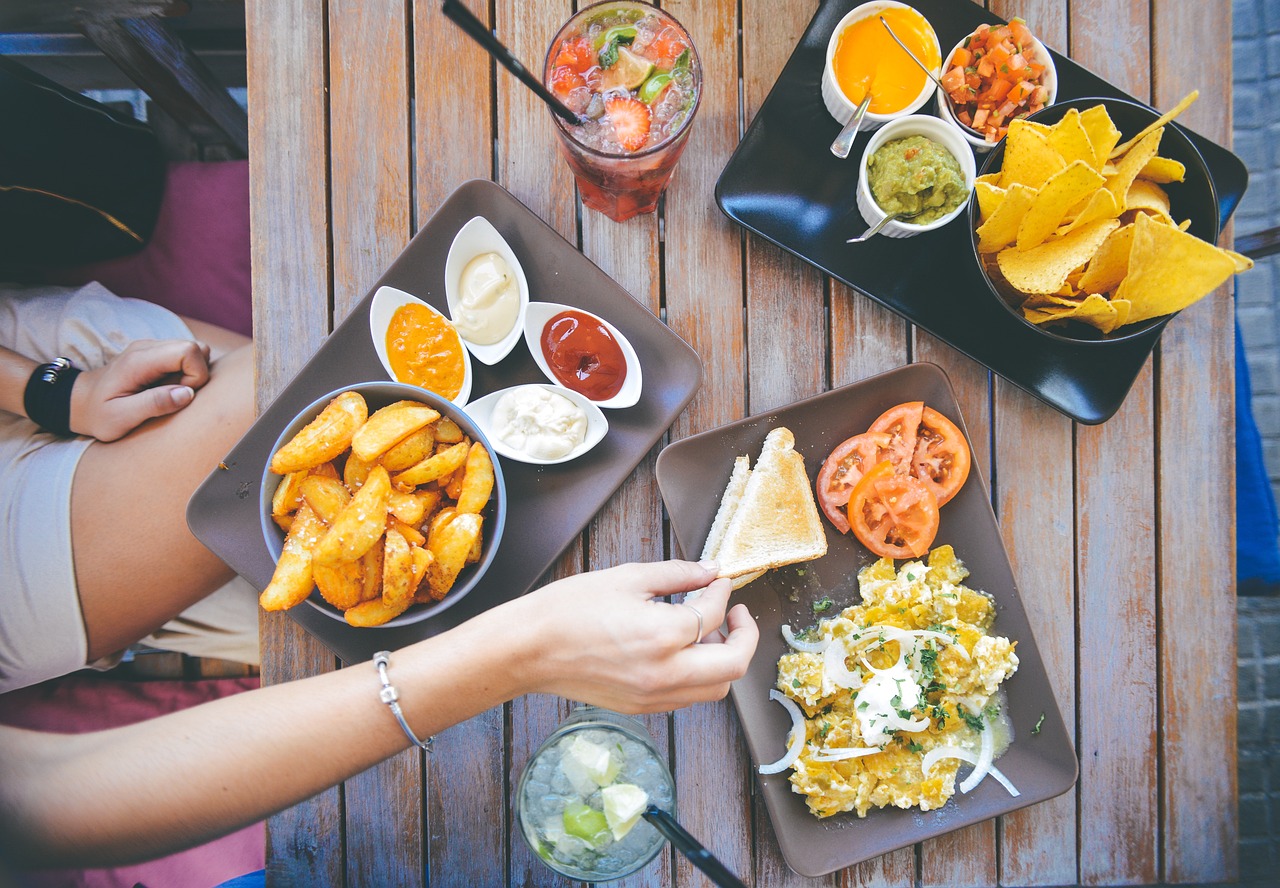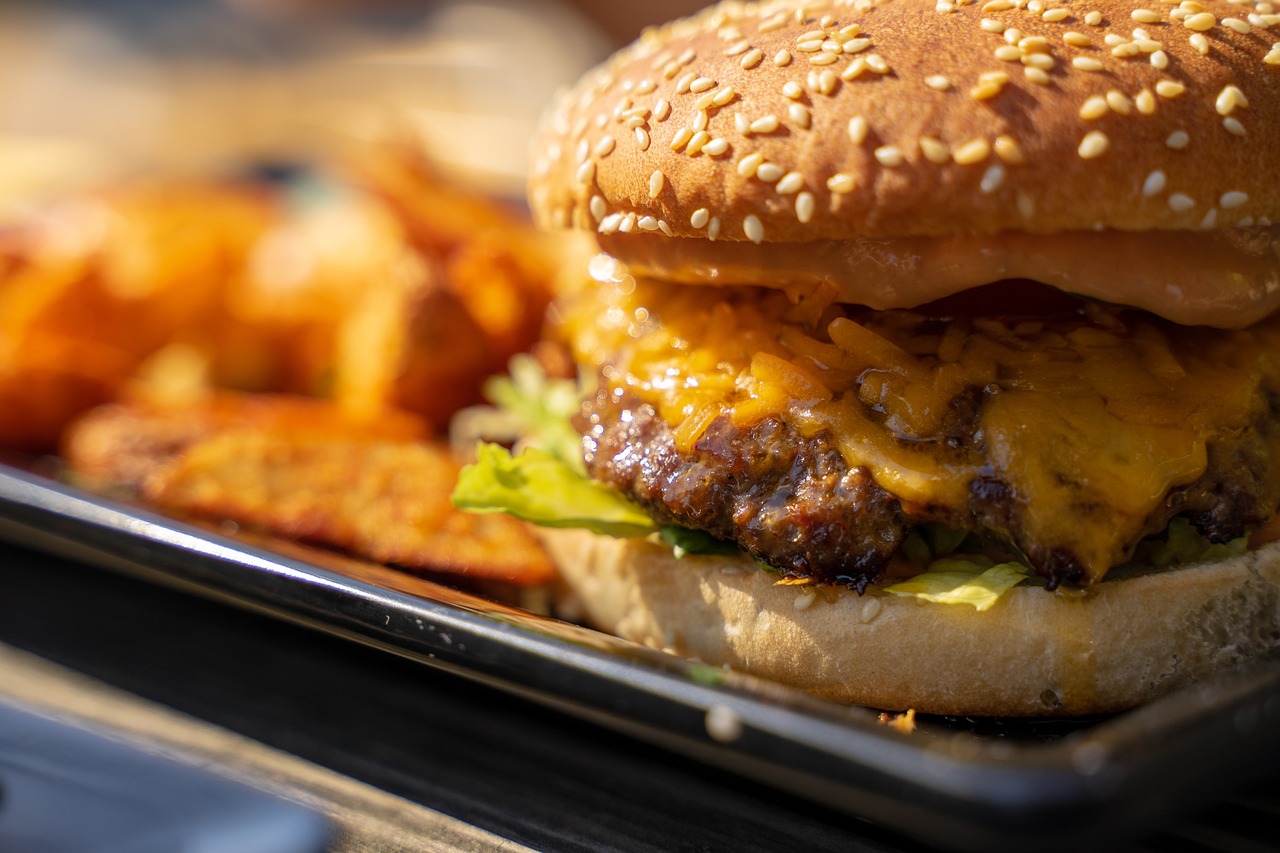“Continue to yawn after eating… What did you eat?”
The feeling of hunger after lunch is due to basic physiology. Therefore, there is nothing wrong with the tendency to get tired after eating. But it's a different story when these natural reactions get aggravated and affect your work after lunch. CNN introduced a way to avoid fatigue after such a meal.

Avoid overeating
Tiredness after eating is a common cause of eating too much. Some people do not stop eating when they feel comfortably full and overeat. Even if you haven't eaten breakfast, excessive hunger can make it difficult to control your appetite, which can lead to overeating.
Julie Stefanski, spokesperson for the American Academy of Nutrition and Dietetics, recommends that "those who are very tired after a meal should slow down their eating and reduce the amount of food little by little to avoid overeating."
This is because if you eat more of any food than your body can process, it will take your body a long time to digest it.
Experts say that if you can't pause what you're doing to focus on your meal, taking even 5 minutes to eat can help. Doing multiple things at once can distract you and cause you to overeat.

Avoid high-fat foods
Certain foods can also cause fatigue. Eating foods high in fat, such as fried foods or pizza, can make you feel tired. This is because fat is the most difficult nutrient to digest because its molecular size is much larger than that of protein or carbohydrates.
Another problem is that when lunch consists mostly of carbohydrates and dessert is added on top of it, blood sugar and insulin levels rise rapidly. In most cases, blood sugar drops below the level it started with, as energy expenditure spikes in the process.
Experts say that choosing balanced meals and snacks can help you feel less tired after eating.

Get enough sleep and rest
Sleep regulates hormones, including digestive hormones. When you lack sleep, your body is likely to suppress the hormone leptin, which signals that you're full and don't need any more food, or increase the hormone ghrelin, which tells you to "eat."
Not getting enough rest can also negatively affect areas of the brain that control decision-making, emotional regulation, and food intake, making it harder to curb cravings for delicious food.



You must be logged in to post a comment.